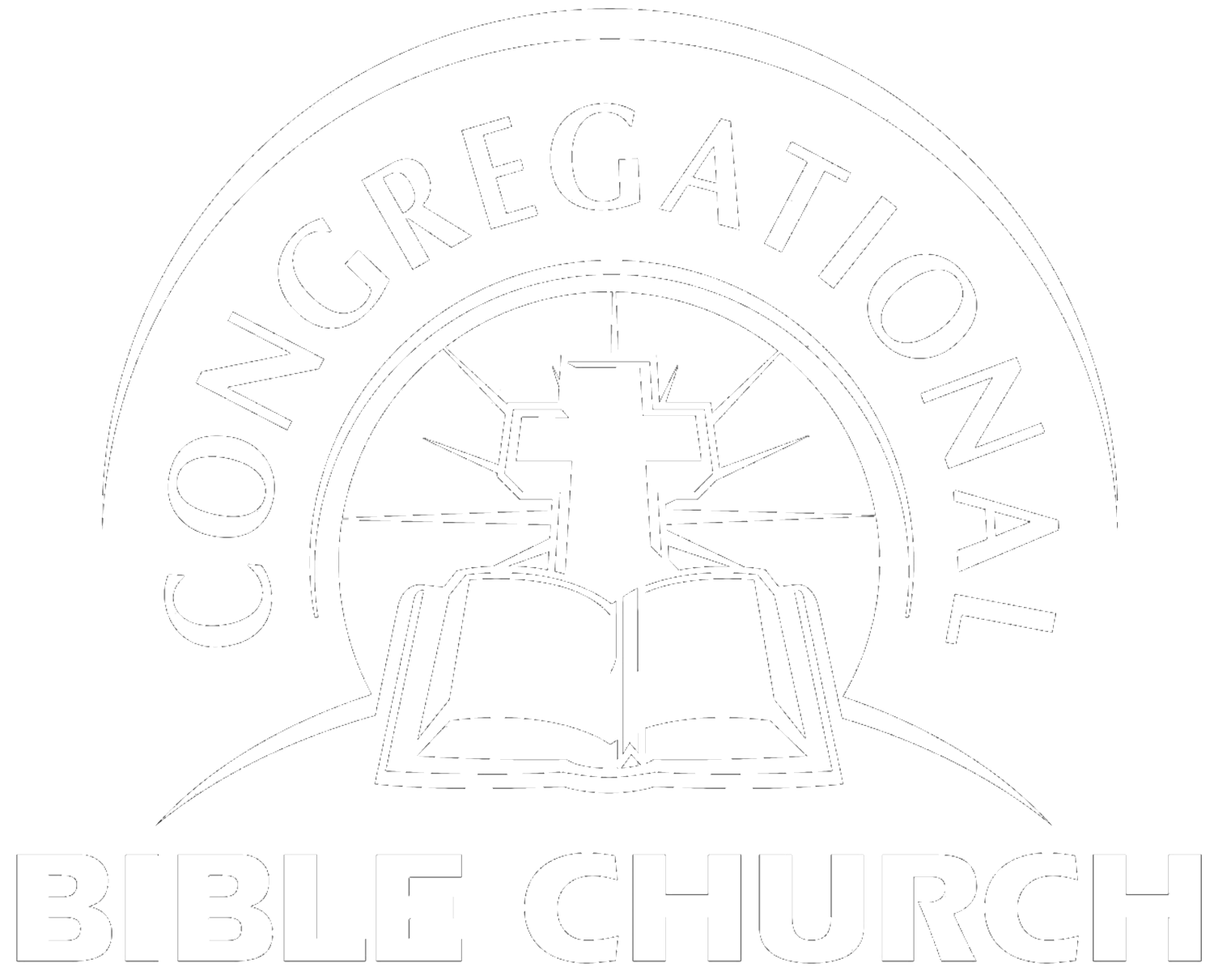One of the perceptions people have about pastors is that they sit around and study theology all day. That they are immersed in doctrine from 9-5. To some extent that is not a wrong perception as we are seeking to understand the theology and doctrine found in the passage we are teaching on that week. It is almost like pastors alone should care about doctrine. However, the church congregation should also see the importance of doctrine for both the church and their lives.
There was an older professor who taught at a seminary and every week the professors would listen to young pastors preach sermons. This older professor was notorious for falling asleep midway through the sermons. Eventually, someone asked him about his constant dozing off. He rather humorously said, “I listen long enough to make sure he is sound and then I fall asleep.” What does he mean by ‘sound?’ It is a term used to describe Christian doctrine or theology that means stable, intact, thorough, and orthodox. We don’t want our doctrine incomplete, fluctuating, or wrong, we want our doctrine sound. Here are some reasons why sound doctrine is critical for the church and its members.
First, sound doctrine defines what the church is. There are all kinds of organizations and clubs that are out there that a person can join, but the church is unique. The church is not like a gym where anyone who pays the monthly membership can join. The church is not like a social club where a group of citizens improve a community. The church is a gathering of God’s people, an assembly of born-again believers in Jesus Christ who have been called out of the world and given new life by God’s gracious salvation who gather to worship the Lord. It is this fundamental definition of the church that is a doctrinal/theological belief. We glean this from Scripture; this is our theology of the church. Those who want to join the church we ask to hear their testimony of this salvation and affirm their agreement with our doctrinal standards before we welcome them into fellowship. Sound doctrine keeps the church being the church.
Second, sound doctrine defines what the church does. Ok, so we have this assembly of God’s people gathering together…so what should we be doing? Well, it is our doctrine that informs us of what kinds of actions the church should be doing. We learn from Scripture that the early church met on the Lord’s day (Sunday). In that meeting there was preaching, praying, worship, serving, fellowship, offerings, and the administering of the Lord’s Supper and baptism (see Acts 2:42-47). The church was known also for its ministry to the needy, for its evangelism of unbelievers, and its care for one another outside of the Sunday meeting. You see, sound doctrine is like the guardrails of the church, clarifying what the church should actually be doing.
Third, sound doctrine defines how the church behaves. Or to put it another way, sound doctrine tells us how we should be living. Some people dismiss doctrine as unimportant to their Christian life, when in actuality, it is our doctrine that informs our behavior. It is our theology of holiness, theology of sin, and theology of love for one another that governs what our lives should look like. When the apostle Paul wrote letters he frequently explained the theology first before he got to the behaviors (see Romans, Colossians, Ephesians as examples of this). To attempt to live for Christ before knowing the theology behind it is like getting into a car and driving off fast with no destination in sight. We must know doctrine first before we can truly begin living for the Lord.
Now, I know not everyone reading this will immediately jump into a 700 page theological volume. But I do hope there is some interest in doctrine considering how important it is for the church and for our lives. Without sound doctrine we don’t know what the church is, what the church should be doing, and how the church should be living.
